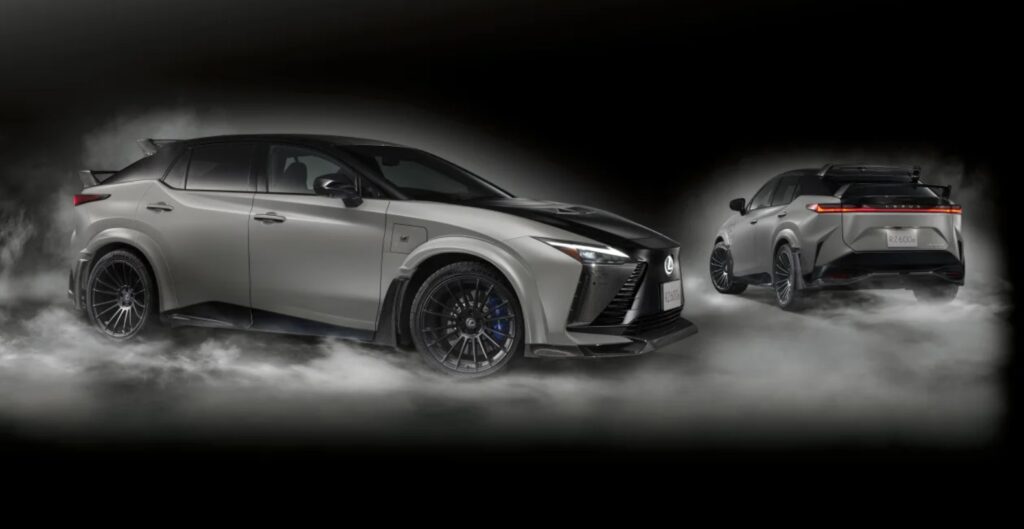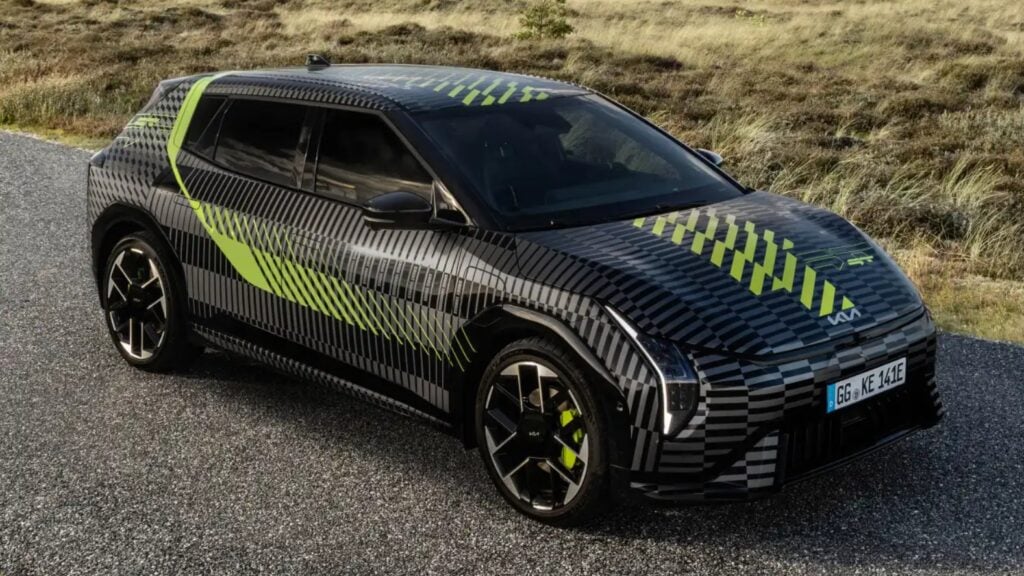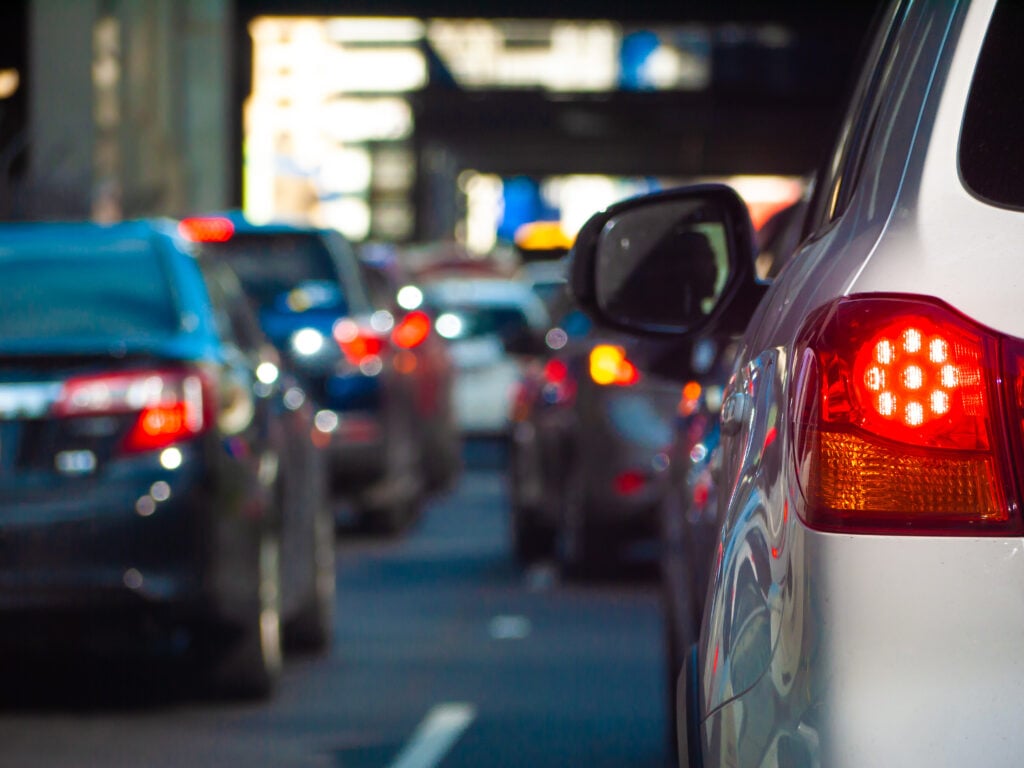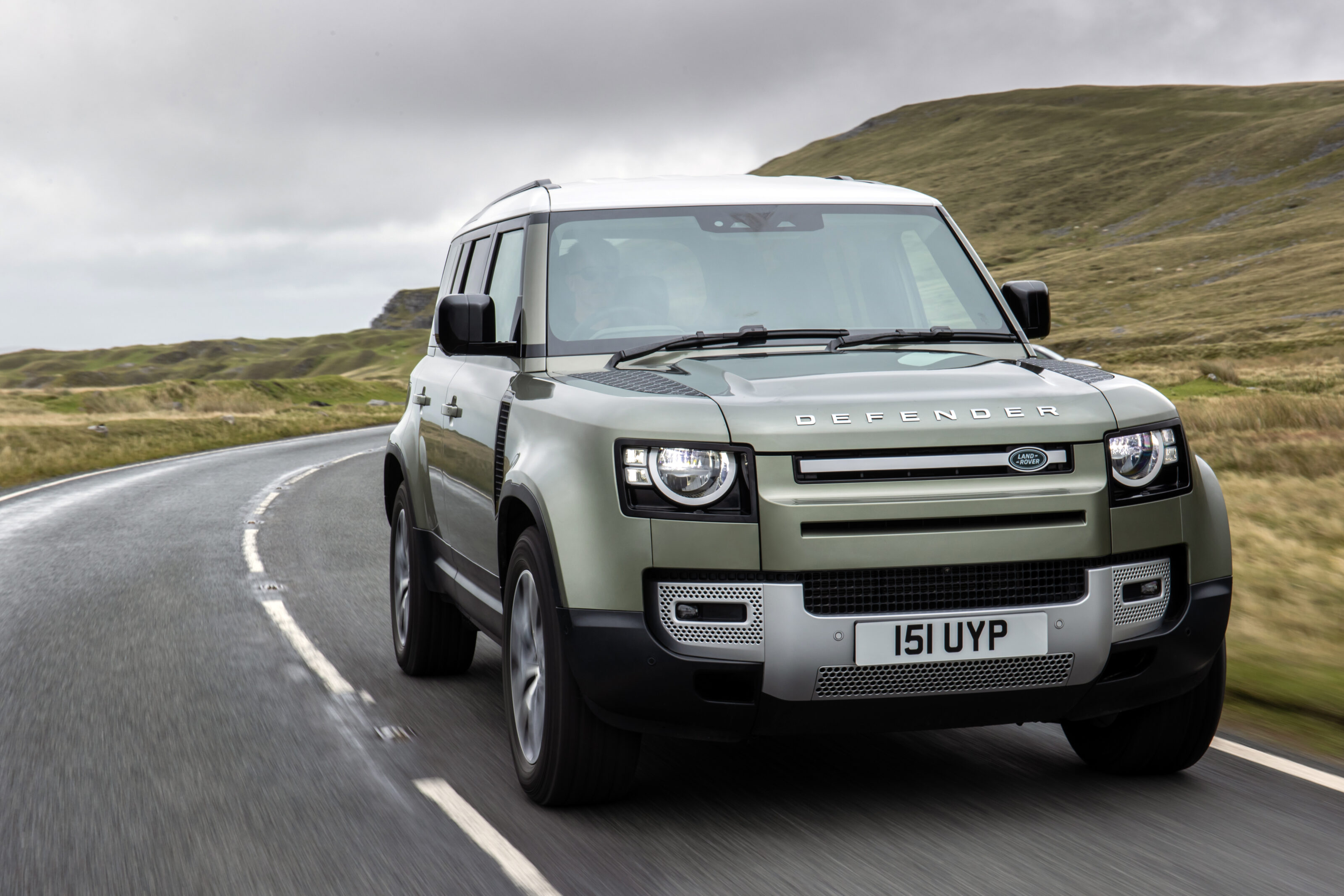
Snapshot
- New Defender prototype being tested in the UK later this year
- Project part funded by UK Government
- Hydrogen Council predicts 10 million hydrogen cars globally by 2030
Jaguar Land Rover is developing a prototype hydrogen fuel-cell electric vehicle based on its new Defender, with testing primed to begin this year.
The zero tailpipe emission prototype New Defender fuel-cell EV will begin testing towards the end of 2021 in the UK particularly to measure features like its off-road capability and fuel consumption.
The concept is part of Land Rover’s goal of achieving zero tailpipe emissions by 2036, and net zero carbon emissions across its supply chain, products and operations by 2039.
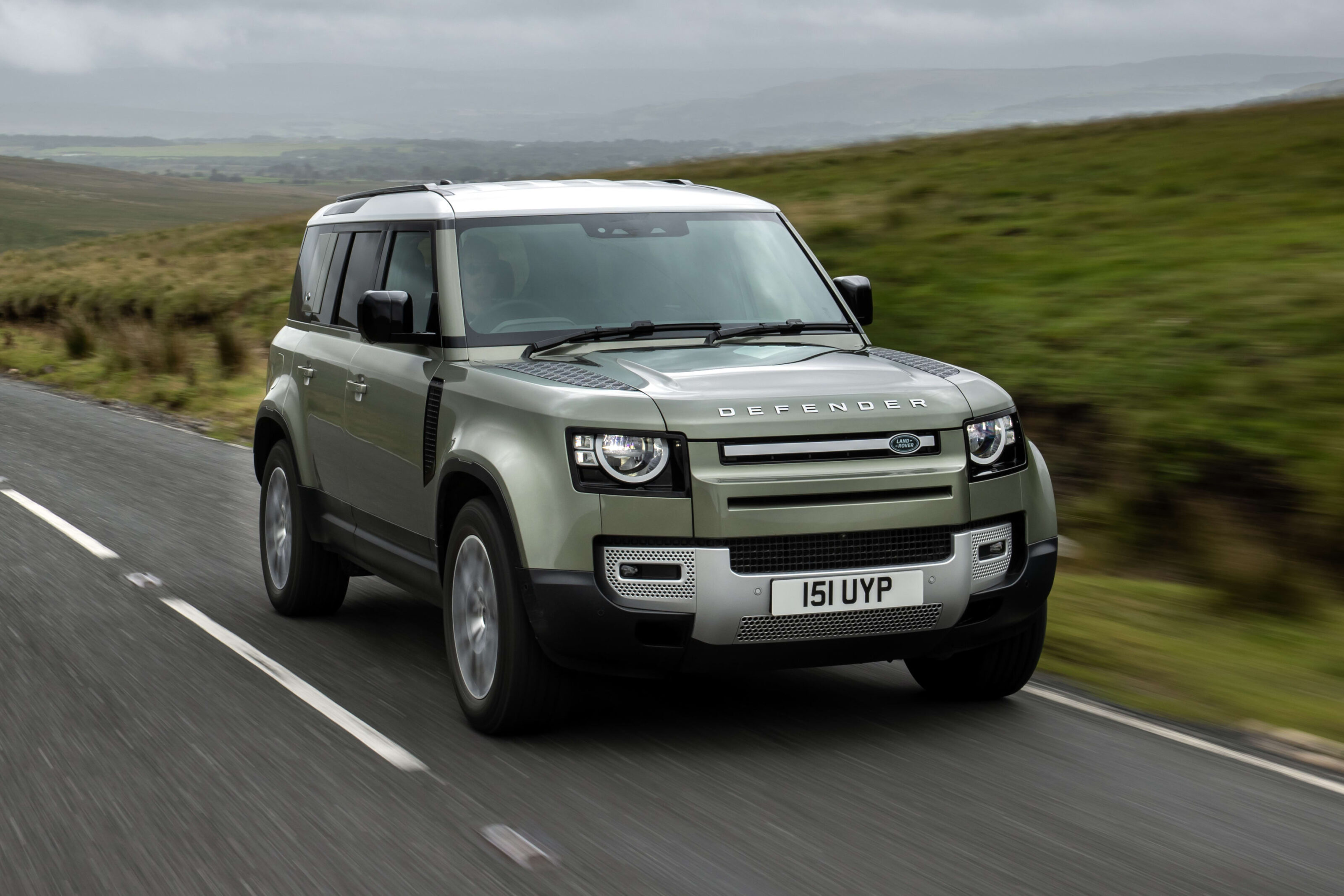
Ralph Clague, head of hydrogen and fuel cells for Jaguar Land Rover, said: “We know hydrogen has a role to play in the future powertrain mix across the whole transport industry.
“Alongside battery electric vehicles, it offers another zero tailpipe emission solution for the specific capabilities and requirements of Jaguar Land Rover’s world class line-up of vehicles.”
The prototype, dubbed Project Zeus, is part funded by the UK Government-backed Advanced Propulsion Centre, and will allow engineers to understand how a hydrogen powertrain can be optimised to deliver the performance and capability expected by its customers: from range to refuelling, and towing to off-road ability.
To deliver Project Zeus, Jaguar Land Rover has teamed up with Delta Motorsport, AVL, Marelli Automotive Systems and the UK Battery Industrialisation Centre (UKBIC) to research, develop and create the prototype.
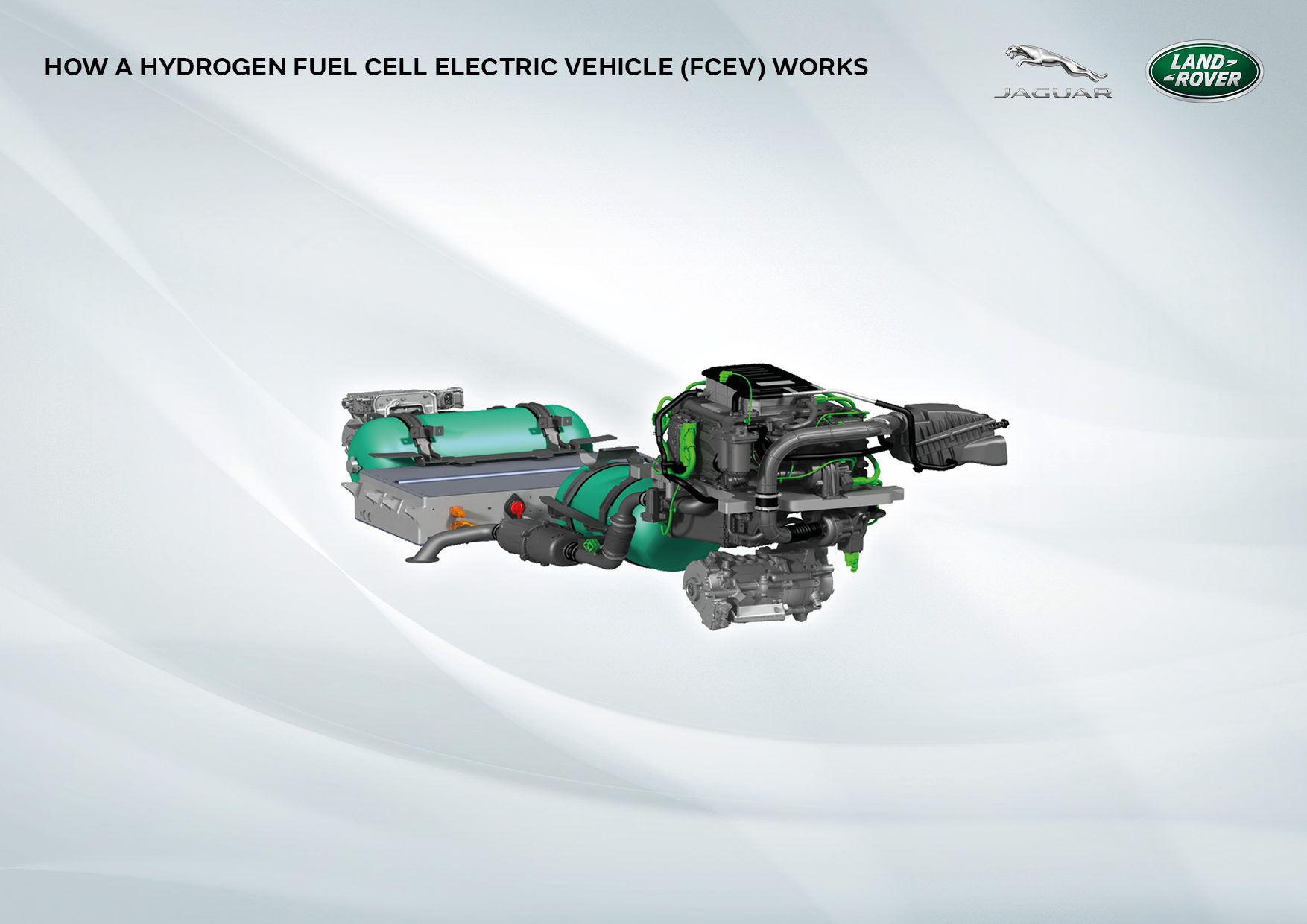
Fuel-cell powered vehicles, which generate electricity from hydrogen to power an electric motor, provide high energy density and rapid refuelling, with minimal loss of range in low temperatures – making the technology ideal for larger, longer-range vehicles, or those operated in hot or cold environments.
Since 2018, the global number of such vehicles on the road has nearly doubled, according to the International Energy Agency, while hydrogen refuelling stations have increased by more than 20 per cent.
By 2030, the Hydrogen Council predicts there could be as many as 10 million fuel-cell vehicles on the roads and 10,000 refuelling stations worldwide.
A spokesman for Jaguar Land Rover Australia told WhichCar there is no confirmation of when the prototype could go into production, let alone come here, with the company’s objective being to get ready for when the market matures.
At present just two hydrogen powered vehicles have been brought Down Under – the Toyota Mirai and Hyundai Nexo.
The 2021 Toyota Mirai second-generation hydrogen vehicle launched in Australia in April through an extended demonstration program which will see just 20 cars leased by environmentally conscious organisations and businesses, but none are available for private sale.
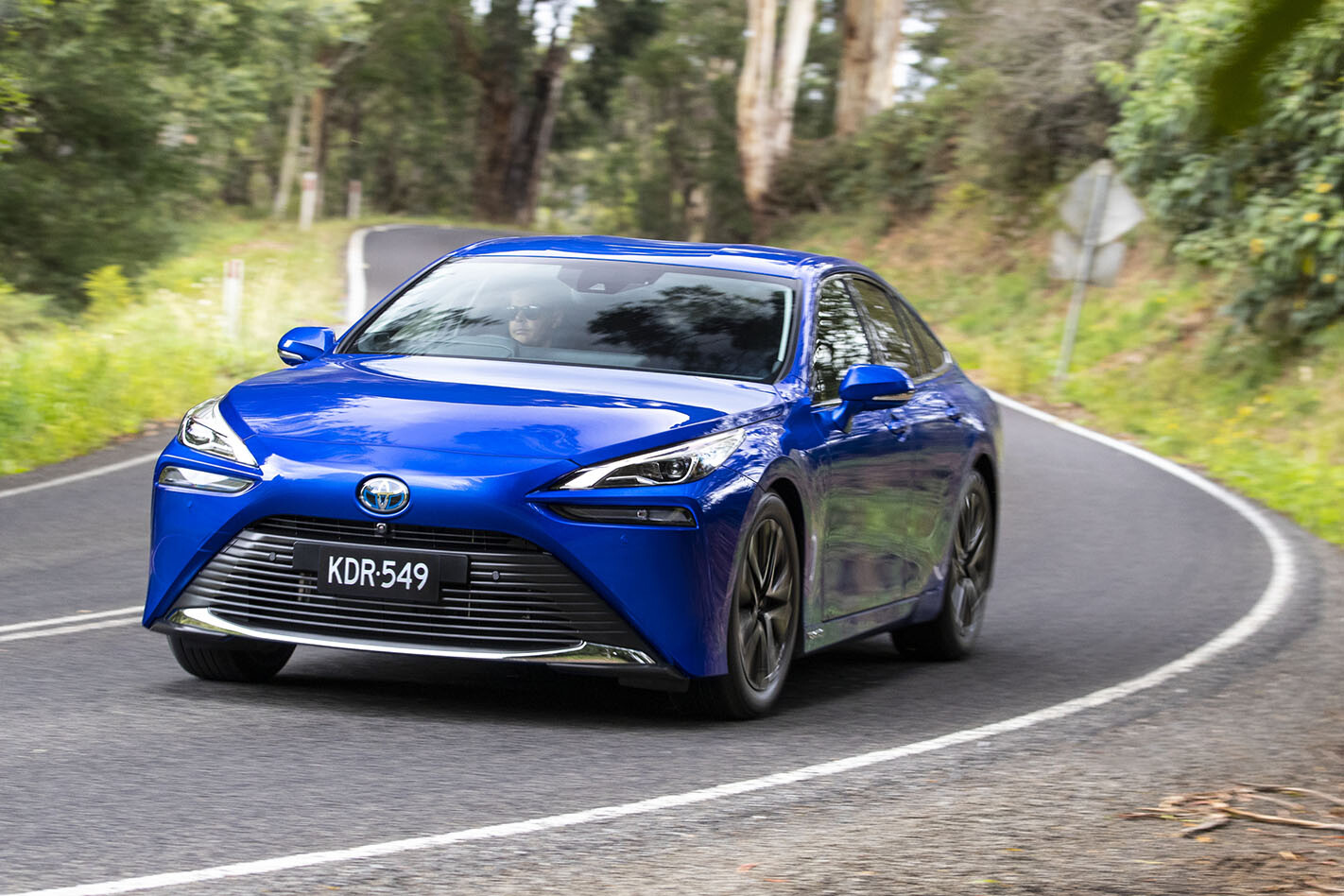
The launch of the new model follows a small-scale trial program initiated in 2018 with 10 examples of the first generation Mirai.
The new Mirai can now be refuelled at Victoria’s first commercial-grade hydrogen production, storage and refuelling facility at Toyota’s former manufacturing site in Altona in Melbourne’s west.
As well as the ability to produce hydrogen gas, the Toyota Hydrogen Centre features an education centre and the second publicly accessible hydrogen refuelling station in Australia; the first of which opened in Canberra in March.
The Hyundai Nexo also launched in Australia in March, making it the first hydrogen-powered vehicle certified for sale here.
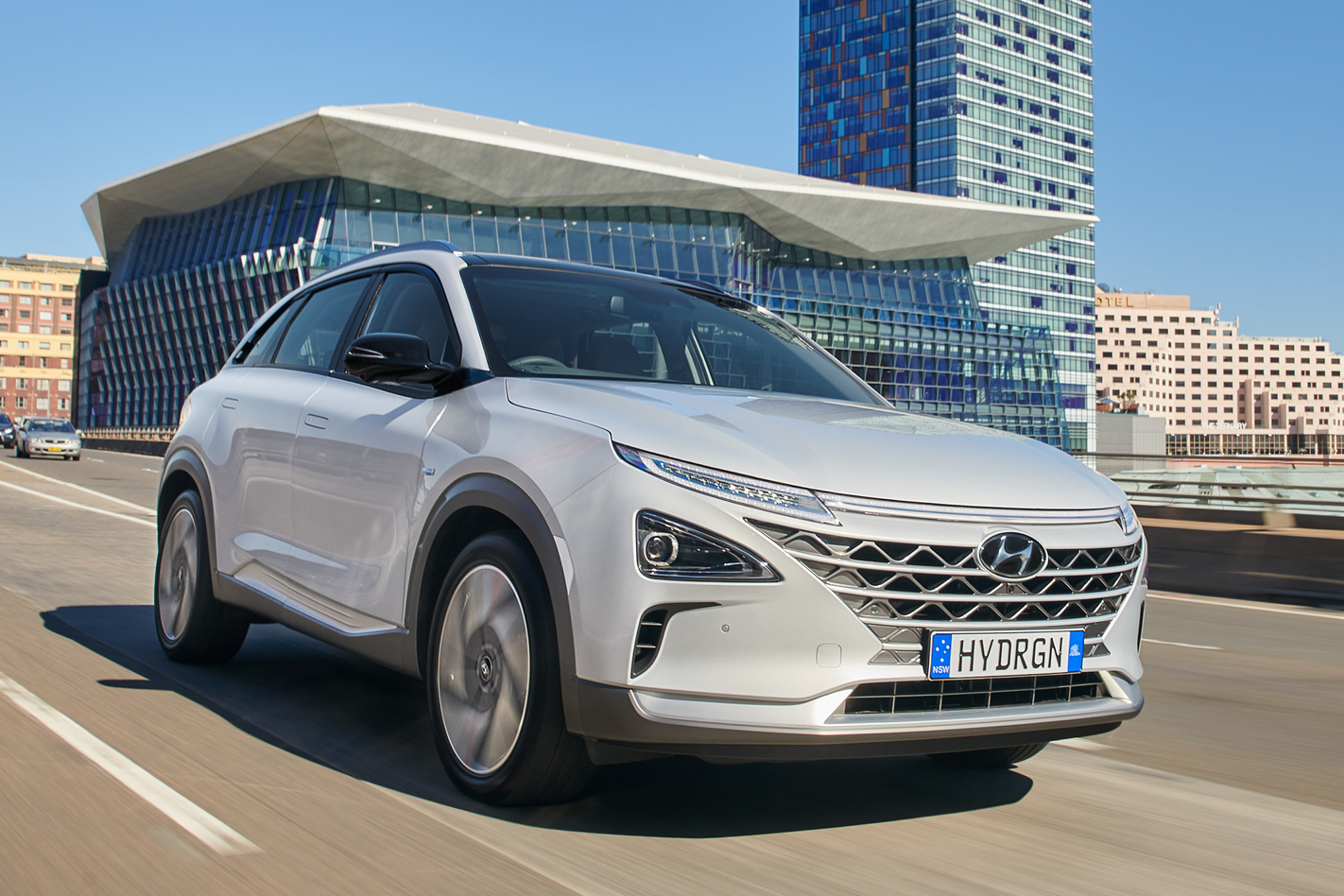
Now available by special order through Hyundai, it is currently offered as an all-inclusive loan programme, covering service and maintenance.
In recent weeks the two carmakers have been battling it out to break the world record for how far a hydrogen vehicle can travel on a single tank.
In June, a Toyota France team travelled 1003km in a Mirai to smash the 887.6km record set by a Hyundai Nexo in Australia less than a month earlier – but Hyundai is considering giving it another go.
We recommend
-
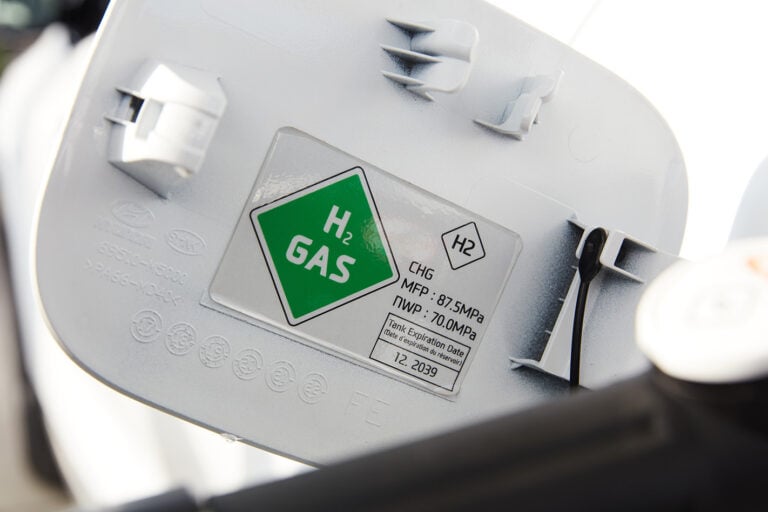 News
NewsHyundai exec urges Australian government to embrace hydrogen
Dr Sae Hoon Kim comments were echoed by the ACT energy minister who called on feds to match his government shift to EVs
-
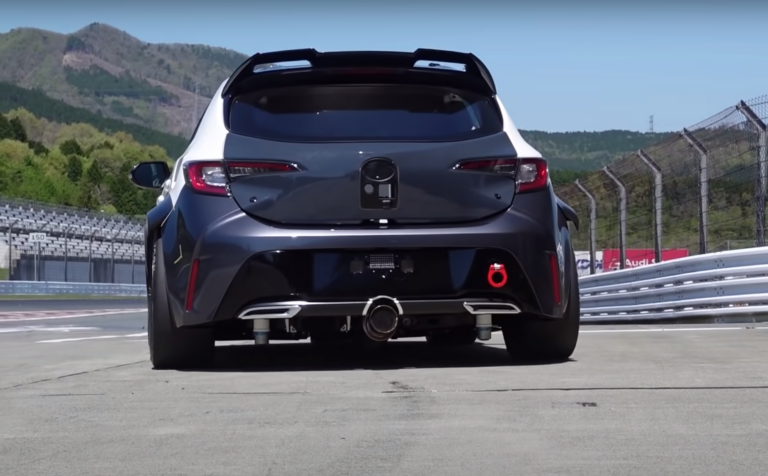 News
NewsToyota will race a hydrogen-powered Corolla for 24 hours straight, and it sounds good
Will hydrogen finally give the internal combustion engine a new lease on life?
-
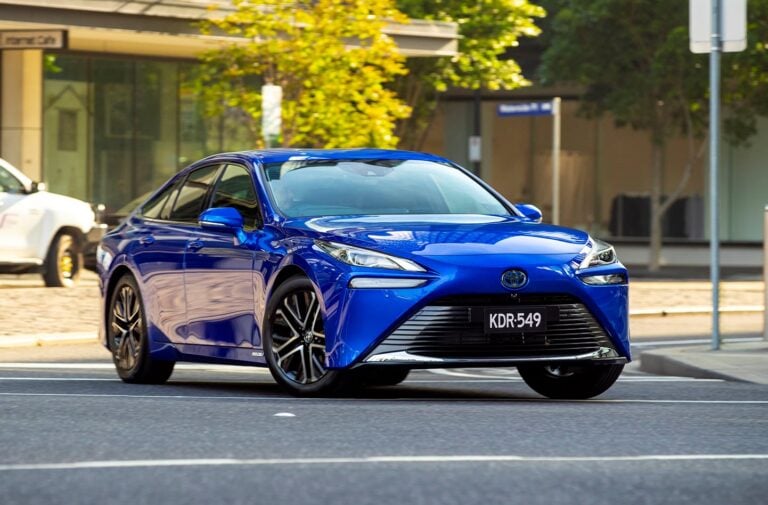 News
NewsToyota: Hydrogen cars to go mainstream in Australia by 2024
Toyota has high hopes for fuel-cell electric vehicles but is hedging its bets on different powertrains


